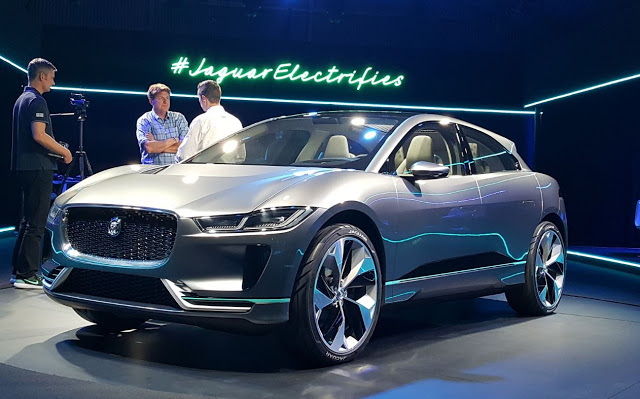The electric car. For so long, it’s been viewed as the epitome of “nice idea, but it won’t catch on!”. Even most of the compliments thrown its way have tended to start with, “look, I’d like it to be different, but…”
For anyone who loves cars but also healthy lungs, the past half a century has not exactly been a breath of fresh air.
There are some signs, however, that the tide may be turning. If you’re tired of pulling up into a parking space in a Prius and having people look at you with that half-indulgent, half-mocking smile, there are patches of optimism to be found. More and more, plans for electric cars are being adopted by serious developers. That’s no small thing in an automotive industry that has for so long just been indulgent, congratulating those indulging in electric car innovation, but showing no sign of wanting to catch up themselves.
Improvements Open Up The Options
Simply put, electric cars are getting better. We all know about the criticisms that have been leveled at previous models: they’re slow, they’re expensive, their range is abysmal – so don’t even think of driving any further than the next town over. Sure, you’d have less need for auto repair with an electric car as there are fewer moving parts – but there’s never enough ticks in the plus column alongside that to make them worth it.
Truth be told, much of this criticism was absolutely legitimate. So, unless you prioritized protecting the planet over getting to see any more than 1% of it, you’d pass on an electric car. Until now.
What’s Different Now?
It’s not like car manufacturers wanted alternative fuel vehicles to fail. They have been looking for ways to make driving more energy efficient and less dependant on non-renewable fuel sources… they just haven’t found many options for doing so.
What’s changed now is that technology is catching up to need, meaning a gas stalwart like Jaguar can produce the I-Pace, which we mentioned at the concept level. Production is now imminent. With upwards of 220 miles of range and a 0-60MPH time of around four seconds, it’s a giant leap forwards in competing with gas.
And It’s Not Just Jaguar…
The good news is that there are other manufacturers who are unveiling their own plans for green cars, that don’t sacrifice performance. Tesla’s Model S P100D may not have a snappy name, but is expected to go from 0-60MPH in 2.5 seconds. That would make it the third fastest car off the mark ever built. And that’s of all cars, not just electric. It doesn’t sacrifice range for power, either – it will allow approximately 200 miles between charges.
Of course, Tesla have been in the electric car business from the start. The continued development they and others have pioneered is now bringing in manufacturers from across the price and experience spectrum. For example, the $30,000 Chevrolet Bolt is a very real option for less affluent drivers. It’s not as speedy as the Tesla or Jaguar options – the top speed is around 91MPH – but it will keep you on the road for up to 200 miles between charges.

